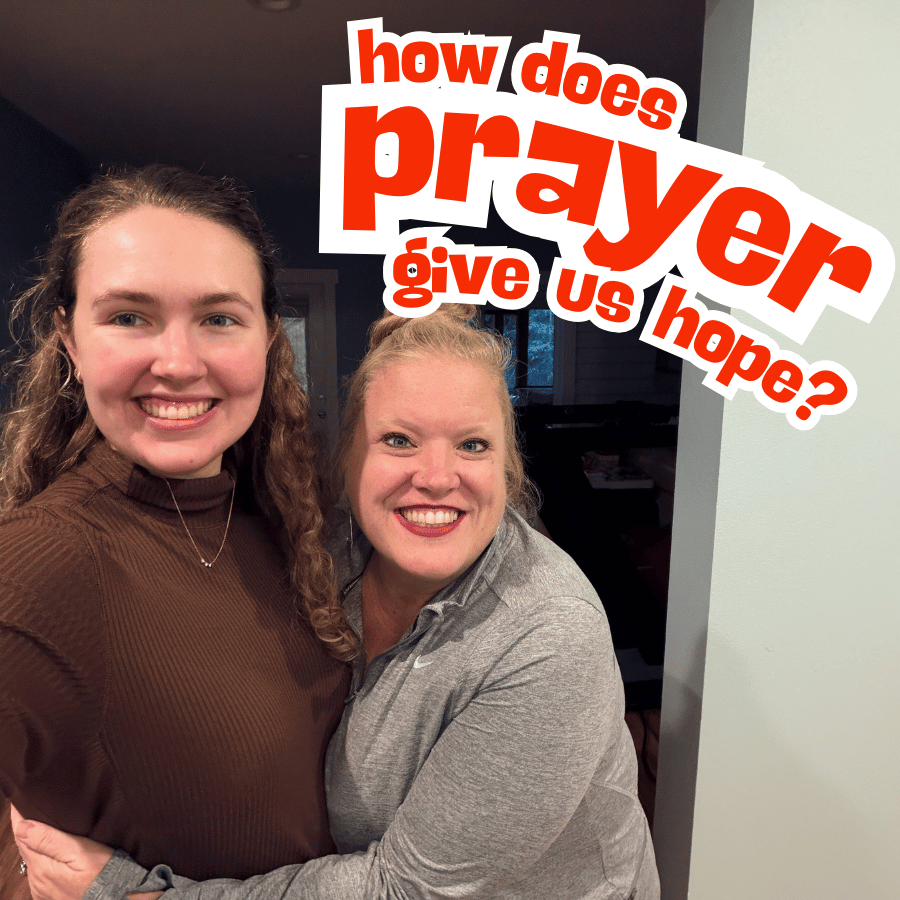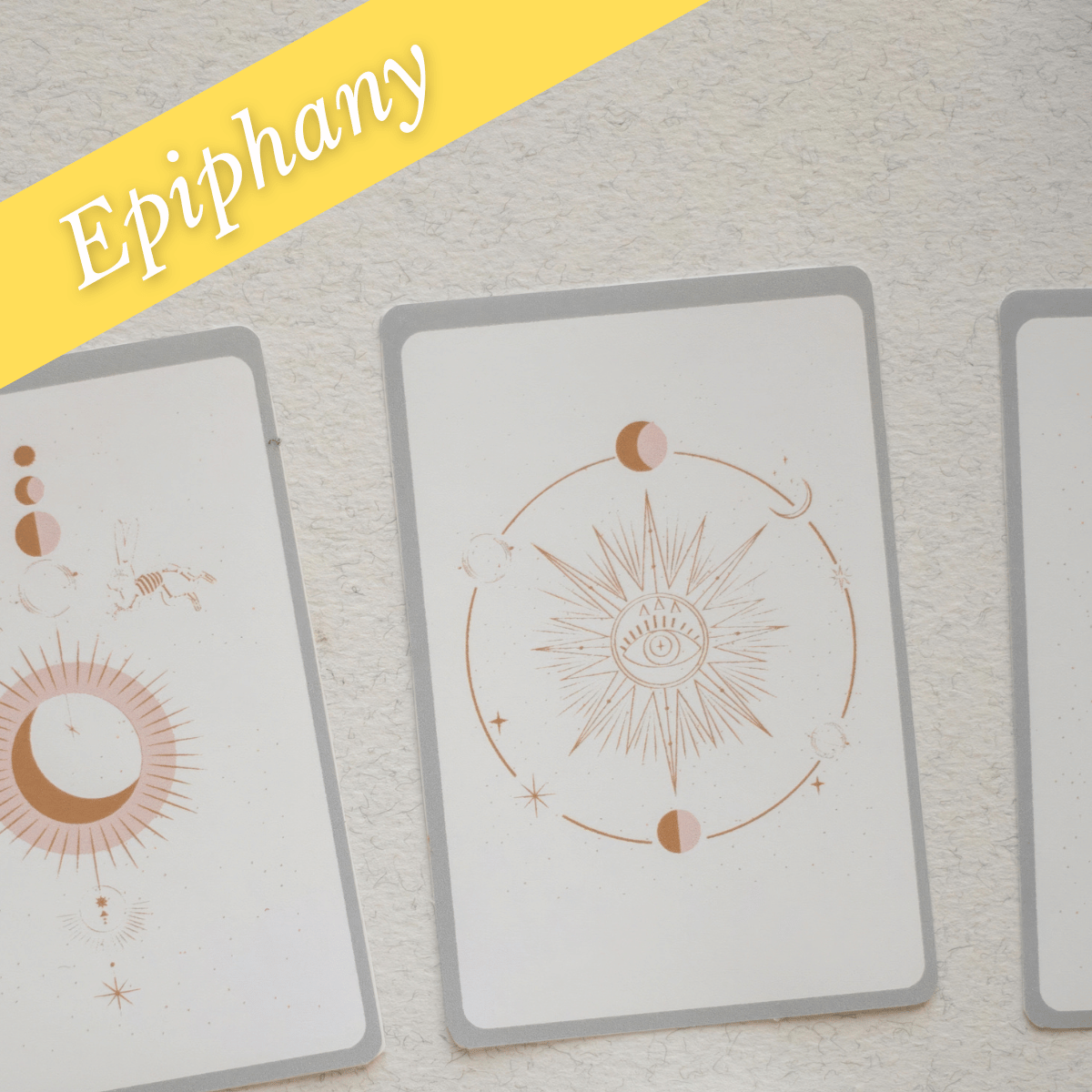What does the prodigal son want?
Written by Emma McCoy
2 minute read
By the time this blog post comes out on Friday, I’m only going to be a few short hours away from graduating with my M.A in Writing. These past two years have been incredibly long and flown by at the same time. In an attempt to finish everything up before its due date and get ready for my family to come to town, I’m working pretty hard. Grading my students’ final exams, submitting my thesis, packing up my office, obsessively cleaning my kitchen…the usual.
Someone in the middle of all this, I found time to read Marilynne Robinson’s Home, the sequel to her Pulitzer-Prize winning novel Gilead.
In Home, school teacher Glory has returned home after a failed engagement to take care of her aging father. While she’s home, slightly resentful of being the only one tending to the family’s responsibilities, wayward son Jack returns after twenty years. This retelling of the prodigal son centers around Glory and Jack’s relationship, wherein Glory represents the older son, and Jack the prodigal son.
What I appreciated about this retelling was that the focus lay on the relationship between the siblings, not necessarily on the father’s forgiveness (though this is important as well). Glory has to figure out how to set aside her grief at the interruption of her life’s plans, while Jack must overcome his natural defensiveness, assuming everyone is judging him. At the core of Glory and Jack’s reunification are two things: Glory’s consistent kindness toward him, and their acknowledgement of each other’s loneliness. Present in this story is grace, and honesty.
Home especially spoke to me in this season, not only as a rule-abiding eldest sibling who wants to make things fair, but also as someone returning home. Once my degree is completed and I’ve packed my car up, my cousin and I are making the long drive from San Diego to Bellingham. I’m going home for the time being because I’m not sure what my next step is, but I know that using home as a base will allow me to pray, discern, and make a decision from a place of rest, not work. So unlike Glory, I’m not going home with resentment and grief.
But, like Glory, my relationship to my family is changing. I’m no longer in school, I’m approaching my mid-twenties, and living it home will be much more like being a roommate than a daughter. While the core of my relationship to my parents and siblings will be the same, the expression of that love will change. My siblings and I will figure out what our adult dynamic looks like, while my parents and I will find new ways to walk in life together while navigating my growing independence.
One of the key questions that can be asked in the parable of the prodigal son is this: Even though their circumstances are really different, what do you think both siblings are spiritually longing for?
What do the older son and younger son really want? While there isn’t necessarily a one-size-fits-all answer, I can look to this parable and Home for a clue. When the son comes home, he braces himself for a bad reaction, or to be thrown out. This internal protection against disappointment can reveal he hopes for connection, even after all this time. The older son’s protest of this isn’t fair asks the father to see what his accomplishments are—he wants the connection and recognition. Similarly in Home, both Glory and Jack tentatively try to repair their relationship by telling the truth to each other, an act that inherently implies a goal for connection.
As we discuss the story of the prodigal son this Sunday, we’ll be reflecting on the importance of being honest with ourselves, God, and others. We know that God is with us, but oftentimes our circumstances and personal traumas can make it difficult to make honesty, and the connection we all long for, possible. Join us this Sunday for a conversation about naming the good and the true in each other, using the prodigal son as a guiding story.







3-minute read